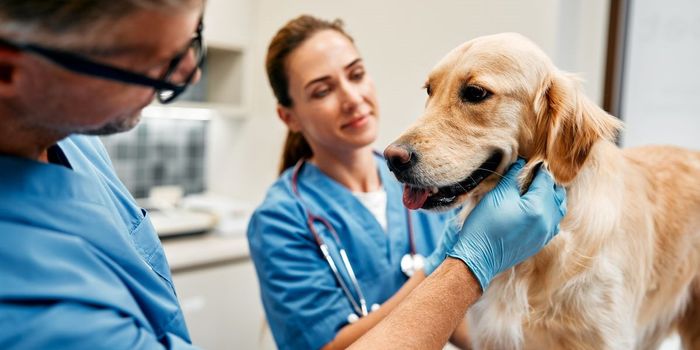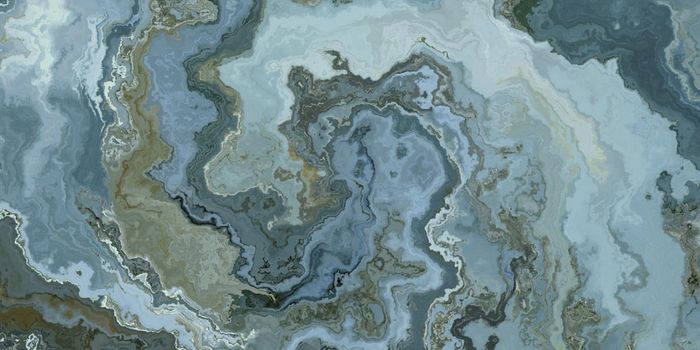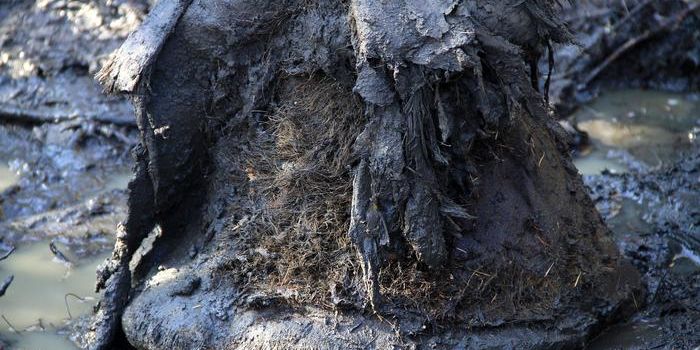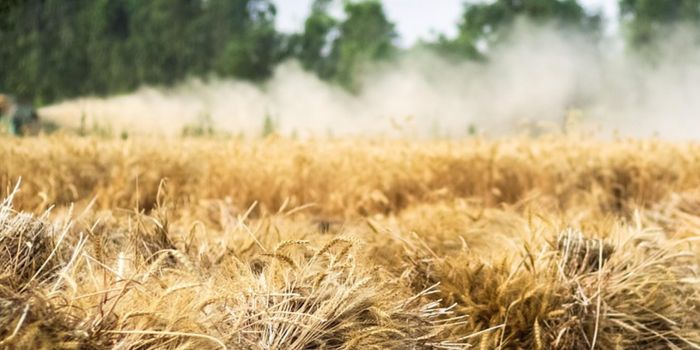More Bacteria Found on the ISS, Researchers Stress Continued Monitoring
Bacteria were found onboard the International Space Station several years ago, and now new strains have been identified. Scientists surveying the ISS have revealed several strains of Enterobacter microbes. These bacteria are similar to some pathogenic microorganisms that have been found in clinical settings. While the strains found on the ISS are not believed to infect humans, researchers suggested that it’s important to study them so we can protect astronauts on future missions from potentially infectious bacteria. This research was led by scientists at the Jet Propulsion Laboratory at the California Institute of Technology and has been reported in BMC Microbiology.
"To show which species of the bacteria were present on the ISS, we used various methods to characterize their genomes in detail,” explained corresponding author Dr. Kasthuri Venkateswaran, Senior Research Scientist at the Jet Propulsion Laboratory Biotechnology and Planetary Protection Group. “We revealed that genomes of the five ISS Enterobacter strains were genetically most similar to three strains newly found on Earth. These three strains belonged to one species of the bacteria, called Enterobacter bugandensis, which had been found to cause disease in neonates and a compromised patient, who were admitted to three different hospitals (in East Africa, and the states of Washington and Colorado).”
The microbes identified in this research were isolated from the exercise platform and space toilet on the ISS. The genomes of those microbes were compared to genetic data that’s been collected from 1,291 Enterobacter strains on Earth. The comparison helped the researchers determine whether these strains pose a danger to humans (not for now) and whether they have anything in common with drug-resistant bacteria.
Related: Stopping Bacterial Spores From Getting Into Space
"Given the multi-drug resistance results for these ISS E. bugandensis genomes and the increased chance of pathogenicity we have identified, these species potentially pose important health considerations for future missions. However, it is important to understand that the strains found on the ISS were not virulent, which means they are not an active threat to human health, but something to be monitored,” explained first author Dr. Nitin Singh.
The E. bugandensis microbes did have genetic features in common with strains of antibiotic-resistant bacteria, including 112 genes that play roles in defense, disease, and virulence. Although the strains studied in this research were not predicted to be infectious to humans, the scientists determined, with computational prediction tools, that there is a 79 percent chance that they could cause disease.
"Whether or not an opportunistic pathogen like E. bugandensis causes disease and how much of a threat it is, depends on a variety of factors, including environmental ones. Further in vivo studies are needed to discern the impact that conditions on the ISS, such as microgravity, other space, and spacecraft-related factors, may have on pathogenicity and virulence,” concluded Venkateswaran.
Learn more about a research project NASA is conducting on microbes in space from the video.
Sources: AAAS/Eurekalert! via Biomed Central, BMC Microbiology









